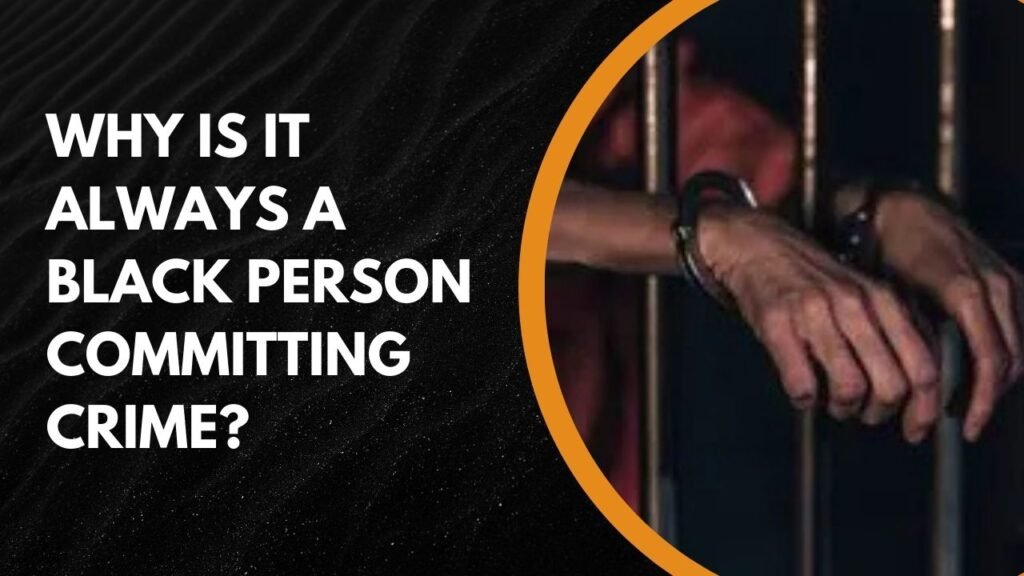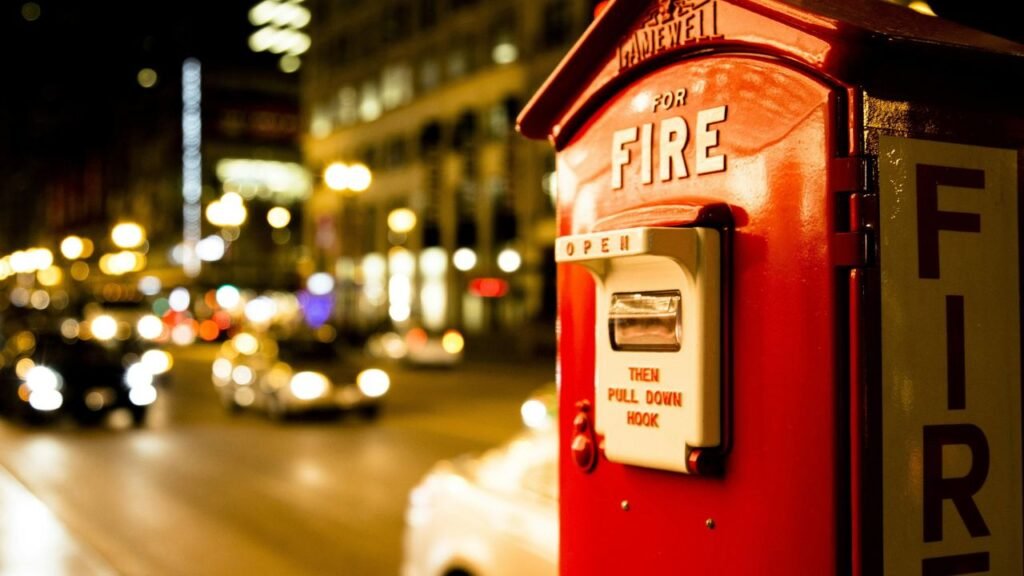The proliferation of drones has transformed various aspects of our daily lives, from recreational use to commercial applications. However, this technological advancement raises significant legal and ethical questions, particularly concerning privacy and property rights. One pressing question that often arises is: Is it a crime to shoot down the neighbor’s drone?
Understanding Drone Ownership and Airspace Rights
To address this issue, it is essential to understand the legal framework surrounding drone ownership and airspace rights. Drones are considered aircraft under federal law in many jurisdictions, including the United States. The Federal Aviation Administration (FAA) regulates airspace usage, which includes restrictions on shooting down any aircraft—drones included.
When a drone is flying over private property, the owner may feel their privacy is being invaded. However, shooting down a drone can lead to severe legal repercussions. Under federal law, discharging a firearm at an aircraft is illegal and can result in criminal charges, including felonies with substantial penalties.
Contents
State Laws and Local Regulations
In addition to federal regulations, state laws may impose further restrictions on actions taken against drones. Some states have enacted specific legislation addressing drone usage and privacy concerns. For instance, certain states allow individuals to take reasonable measures against drones that invade their privacy; however, these measures must comply with existing laws.
Local ordinances might also play a role in determining whether shooting down a neighbor’s drone constitutes a crime. It is crucial for individuals considering such actions to familiarize themselves with local regulations before taking any drastic measures.
Legal Alternatives
Instead of resorting to destructive actions that could lead to criminal charges or civil lawsuits, individuals facing issues with intrusive drones should explore alternative solutions:
1. Communication:
Engaging in dialogue with the neighbor about their drone usage can often resolve misunderstandings amicably.
2. Documentation:
Keeping records of any perceived invasions of privacy can provide valuable evidence if legal action becomes necessary.
3. Legal Consultation:
Seeking advice from an attorney specializing in aviation or property law can clarify rights and options regarding drone-related disputes.
4. Reporting Violations:
If there are legitimate concerns regarding safety or privacy violations by a neighbor’s drone activity, reporting these incidents to local authorities or the FAA may be appropriate.

Vicente Underwood is from New Jersey, USA. He studied law and now works with his senior. In his free time, he writes blogs. Jackson is a proud father of two girls and enjoys balancing his work and family life.




